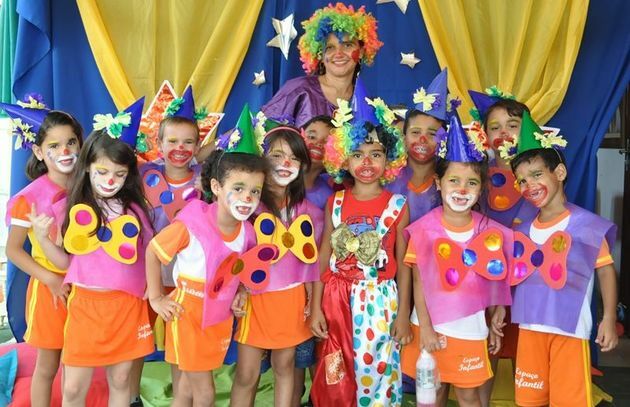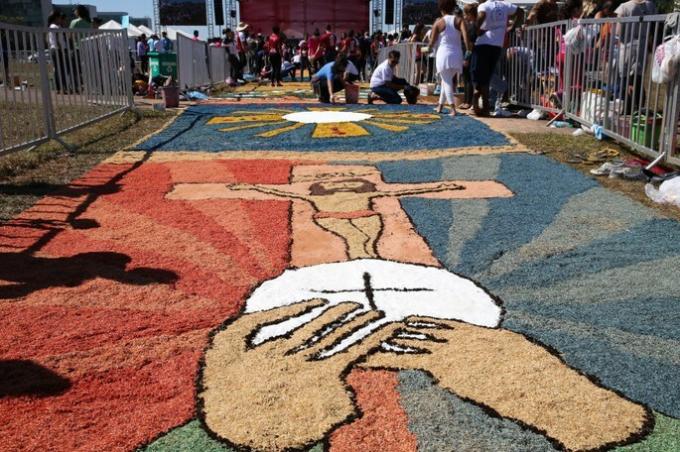With the Openingdemocratic, between 1979 and 1985, Brazil ceased to suffer from the deprivation of rights inherent to any democratic societies. the period of DictatorshipMilitary, which began in 1964, was not the only one in which the country was subjected to the deprivation of these rights. In the dictatorship of the stateNew (1937-1945), with Getúlio Vargas, this also occurred, not to mention other, more remote periods. The fact is that, with the return to democracy, we were able to regain our fundamental rights, including that of freedomof expression.
In order for the right to freedom of expression to be guaranteed, the new Constitutional Charter, drawn up and signed by the Constituent Assembly which met from 1986 onwards, should explicitly guarantee this right, removing the shadow of the censorship. The right to free expression was categorically placed in the 1988 Constitution, which was granted in August 3rd of the year referred to. Because this day represents not only the return to fundamental rights, but, in particular, the right to free expression, it is celebrated as the
day of the end of censorship in Brazil.In our current ConstitutionFederal there is, in CHAPTER I, entitled "Individual and Collective Rights and Duties", of TITLE II, which deals with "On Fundamental Rights and Guarantees", a resolution specifically aimed at the freedom of expression. This resolution is contained in item IX of Article 5, of the aforementioned title, the text of which is as follows: "The expression of intellectual, artistic, scientific and communication activities is free, regardless of censorship or license.”
Do not stop now... There's more after the advertising ;)
The guarantee of this right is vital for the functioning of a democratic society, given that the press (print, television or virtual) has the power to overseeing the exercise of public activity, as well as supervising and reporting abuses of authority and crimes that may be committed by members of institutions public services.
Furthermore, the critical exercise by artists and thinkers is also vital for democracy and must always be free of any established censorship. During periods when censorship was in force in Brazil, many artists were imprisoned, some tortured, others had to give up the propagation of their works, etc. These facts reveal that, despite the misuse that can be made of these fundamental rights, freedom of expression is one of the “lungs” of democracy.
By Me. Cláudio Fernandes
Would you like to reference this text in a school or academic work? Look:
FERNANDES, Claudio. "August 3 — End of censorship in Brazil"; Brazil School. Available in: https://brasilescola.uol.com.br/datas-comemorativas/03-agostofim-censura-no-brasil.htm. Accessed on July 27, 2021.


